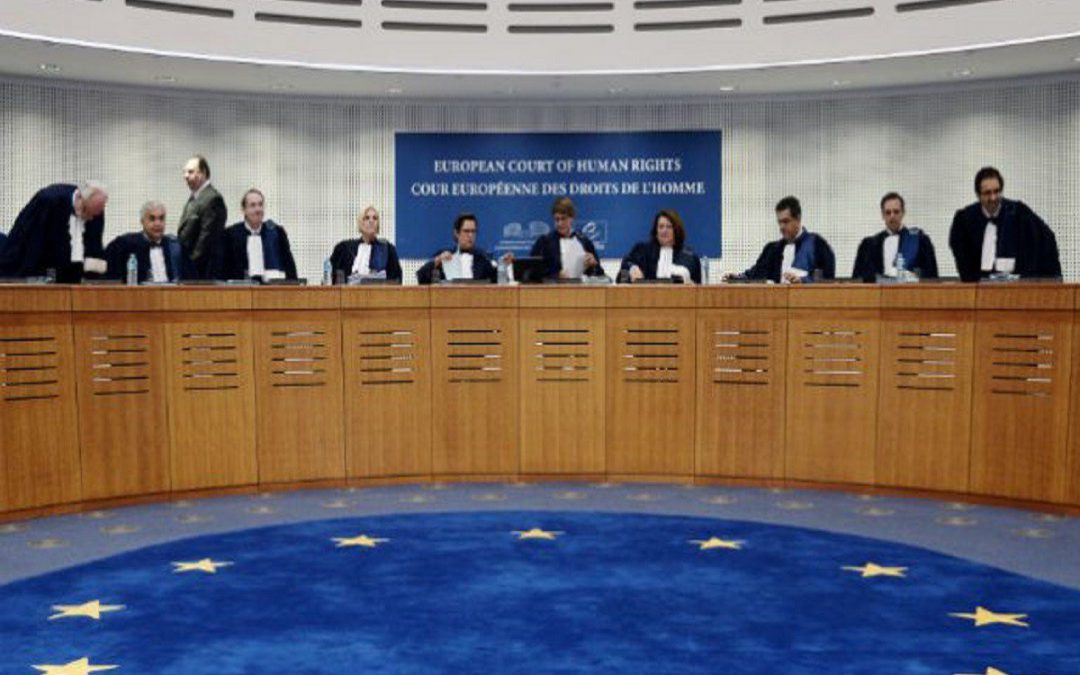On 25 April 2019, the European Court of Human Rights (ECtHR) released a new judgment in the case of V.M. v. the United Kingdom (Application No. 62814/16). The case concerns a Nigerian national who was held in detention between 2009 and 2011 pending her removal from the State. In detention, she was diagnosed with severe mental health issues.
The ECtHR had already found a violation of Article 5 § 1 in 2016 due to the lack of due diligence regarding applicant’s detention in 2009 (Application No. 49734/12).
The instant case was submitted with regard to the applicant’s detention from 22 July 2010 to 6 July 2011 concerning a violation of Article 5 § 1.The High Court and Court of Appeal found that the applicant was detained for the purposes of her removal. The Supreme Court found that there had been procedural errors in the reviews of detention between 4 March 2011 and 6 July 2011, particularly in failing to assess medical evidence. However, with reference to domestic case law, the Supreme Court found that a change in how these reviews were conducted would not have resulted in an earlier release. The applicant would therefore have only been entitled to nominal damages.
In its assessment of the case and with reference to its own case law, the ECtHR stated that it is the obligation of the State to organise systems in such a way as to avoid unjustified deprivation of liberty. Furthermore, the State was responsible for ensuring lawfulness at all stages of detention, as recognized in S.M.M. v the United Kingdom (77450/12). Relatedly, the Court acknowledged the applicant’s significant length of time in detention and her vulnerability due to her mental health. It stated that the authorities could not have known when the applicant would have been released if the correct review procedure had been followed and appropriate arrangements put in place. The Court ruled that the detention between 4 March 2011 and 6 July 2011 was unlawful due to deficiencies in the detention reviews. The need to redress that unlawfulness was not lessened because the authorities had failed to make the appropriate arrangements for her release. The Court therefore found a violation of Article 5 § 1 of the Convention and awarded the applicant substantive damages.

